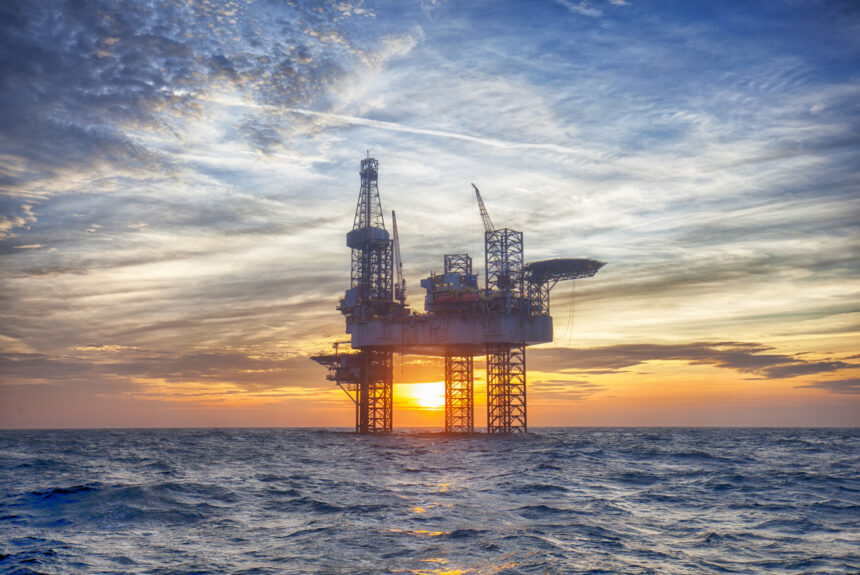This article originally appeared in Newsweek.
With gas prices creeping upwards, election-year politics are already in full effect. At a recent conference, White House senior advisor John Podesta said the Biden administration would release oil from the Strategic Petroleum Reserve (SPR) to keep prices at the pump affordable. But Podesta’s remarks come less than a week after the administration moved to block 10 million acres from developing oil and gas resources in Alaska.
>>>READ: Alaska’s Willow Project will Provide Energy and Economic Security
There may be some political logic behind these seemingly contradictory energy policies. Moving oil from the SPR could marginally reduce gas prices before November. Restricting access in a distant place, since the oil in question wouldn’t reach the market by election time, may appease climate hawks.
Whether those decisions are good politics is debatable, but they’re certainly bad policy—across economic, environmental, and national security fronts. The SPR is for emergencies such as significant supply disruptions, wars, or severe price spikes. It is not supposed to be used to score votes come election time. Blocking energy production in Alaska and across the U.S. will curtail investment, destroy jobs, and reduce future domestic oil supplies.
Before slapping an “I did that” Joe Biden sticker on the fuel pump, it is worth noting that global supply and demand for oil, not presidents, control the price at the pump. However, poor policy decisions that adversely affect current and future supplies do fall squarely on President Biden’s shoulders. This administration has slow-walked lease sales, restricted access to energy-abundant lands, and nixed vital pieces of infrastructure such as the Keystone XL pipeline.
By blocking energy development in Alaska, Washington is undermining local decision-making and proper input from federal and state lawmakers and the native communities who support development in the North Slope. The Voice of the Arctic Iñupiat, a nonprofit that represents Arctic Slope indigenous communities, frequently insists that restricting access to natural resources will harm their economy and culture. But their concerns are being ignored.
The U.S. Energy Information Administration announced last month that America is producing more oil than any country in history. We should recognize the economic, strategic, and environmental benefits of U.S. energy abundance. American-produced oil and natural gas have a better environmental record and emissions profile than many of their international counterparts.
The politicization of energy is emanating from the states, too, with cities and localities bringing a wave of public nuisance lawsuits against Big Oil. These lawsuits claim that energy companies misled the public about the risks of climate change and assert that they need to pay for the costs of human-induced warming.
With the support of 20 states and many industry groups, oil companies have petitioned the Supreme Court to put this to rest once and for all. In the case Sunoco v. City of Honolulu, the Hawaii Supreme Court recently allowed climate-related damages against oil companies to proceed to trial. In filing a petition for certiorari, the companies asked America’s highest court to “review and clarify” whether state law can enforce the costs of global climate change on a handful of companies.
It would be prudent for the Supreme Court to take this up for several reasons. State and local climate litigation oversimplifies the complexity of climate change and is a misuse of public tort law. Human activities are undoubtedly warming the planet, but it is practically impossible to calculate the climate damage caused by a single company as it would be undetectable from natural climate variability.
>>>READ: Energy Won’t Stay in the Ground
Moreover, it establishes a dangerous precedent. If the plaintiffs are going after major energy companies, why stop there? Farmers, manufacturers, and automakers are significant contributors to the country’s greenhouse gas emissions. Even the federal government, which actively requires lease sales of oil and gas development on public lands, could be culpable. The possibilities are frighteningly endless.
If there are legitimate cases of fraud, deception, or greenwashing, then plaintiffs should prove it in court. Otherwise, these public nuisance suits are a costly distraction and a waste of time and resources. They may be a boon for large tort firms, but they also take resources that could be put to much better use, namely investing in energy supplies and driving innovative low- and zero-carbon technologies forward. Oil companies, with the support of 20 states and many industry groups, have petitioned the Supreme Court to put this practice to bed once and for all.
America’s energy abundance is one of our most important economic and strategic assets. Robust domestic supplies of oil and gas help keep prices affordable, boost economic growth, and make America an attractive place to build, invest, and manufacture. In addition to the economic advantages, U.S.-produced energy provides geopolitical leverage against our adversaries and a valuable product to our allies. It is far too valuable to politicize.
The views and opinions expressed are those of the author’s and do not necessarily reflect the official policy or position of C3.
